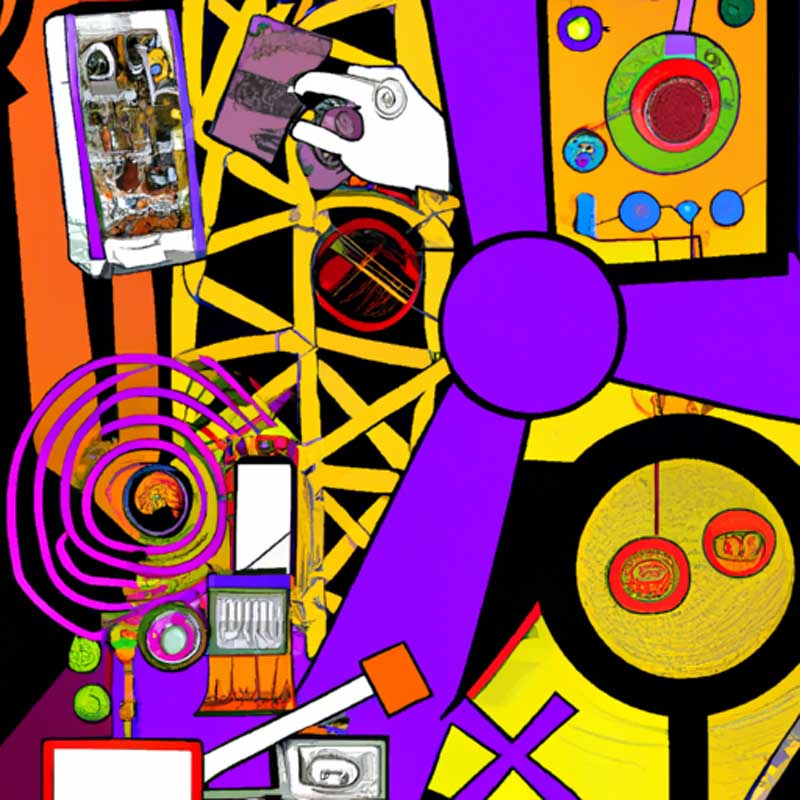• A team of cardiologists from three major U.S. hospitals using AI technology has been able to predict who will survive heart surgery with an 83% accuracy rate.
• By analyzing electrocardiogram (ECG) data from almost 46,000 patients, the team was able create an AI algorithm that improved upon the existing method’s 67% prediction rate.
In a potentially groundbreaking advancement for risk assessment in cardiac surgery, the use of artificial intelligence (AI) could determine survival rates post-operation. The study, spearheaded by cardiologists from major U.S. health care systems including Cedars-Sinai, Stanford University, and Columbia University, collected and analyzed ECG data (a method dating back to the 19th century) from close to 46,000 patients. The results revealed an impressive 83% accuracy rate in predicting which patients would survive 30 days after surgery, clearly surpassing the 67% accuracy rate achieved by the Revised Cardiac Risk Index, the existing method.
Study co-author Dr. Da Ouyang of the Smidt Heart Institute at Cedars-Sinai stated that this is the first AI algorithm that predicts post-operative mortality using ECG data. The high accuracy of this innovative AI model enables doctors to make an informed decision about whether to proceed with surgery. When the AI system identified patients as being high-risk based on their ECG data, these patients were found to have a significantly higher risk of death in the subsequent 30 days post-operation.
Dr. Ouyang highlighted the shortcomings of currently available clinical risk prediction tools. The new AI model offers a more precise means to identify which patients could safely go through an intervention and those who might be too sick for it. The team of researchers is currently exploring whether this AI technology could be made available online, providing worldwide accessibility to doctors and patients alike.
The significant findings of this study have been recently published in The Lancet Digital Health journal, indicating a promising future for AI application in the field of cardiology. It not only addresses the limitations of the current clinical prediction tools, but it also potentially makes the tool universally accessible, increasing global standards of cardiac care.
This collaborative effort in integrating a time-tested method of ECG with the revolutionary technology of AI could potentially pave the way for a higher standard of cardiac care worldwide.
